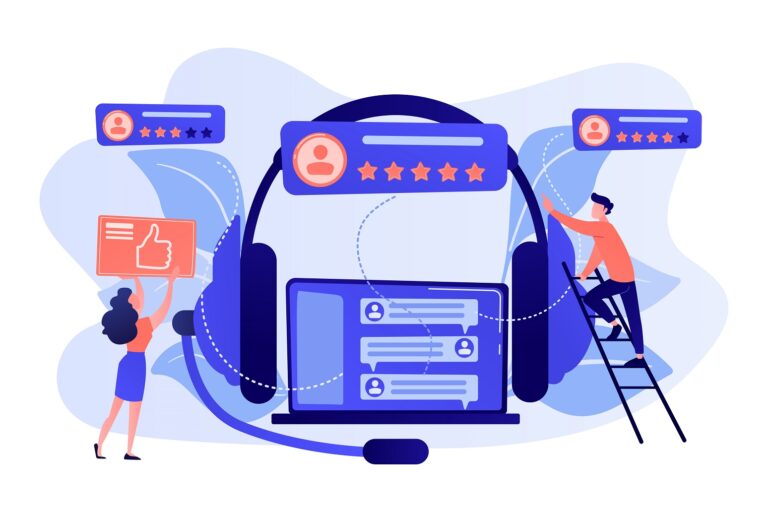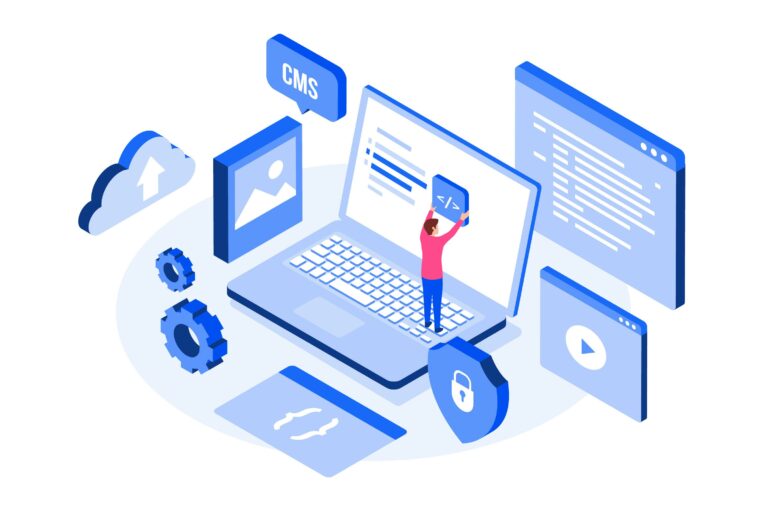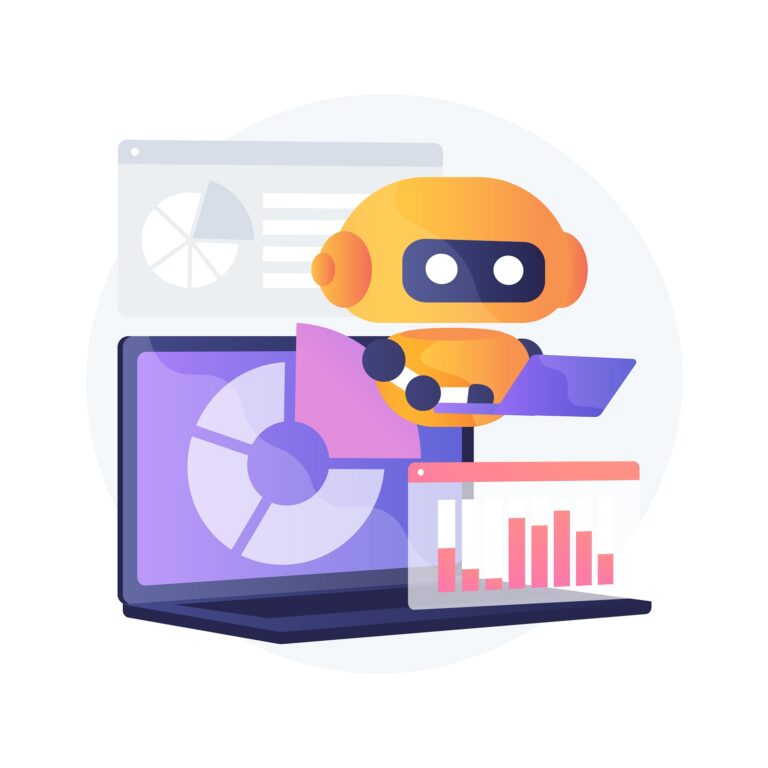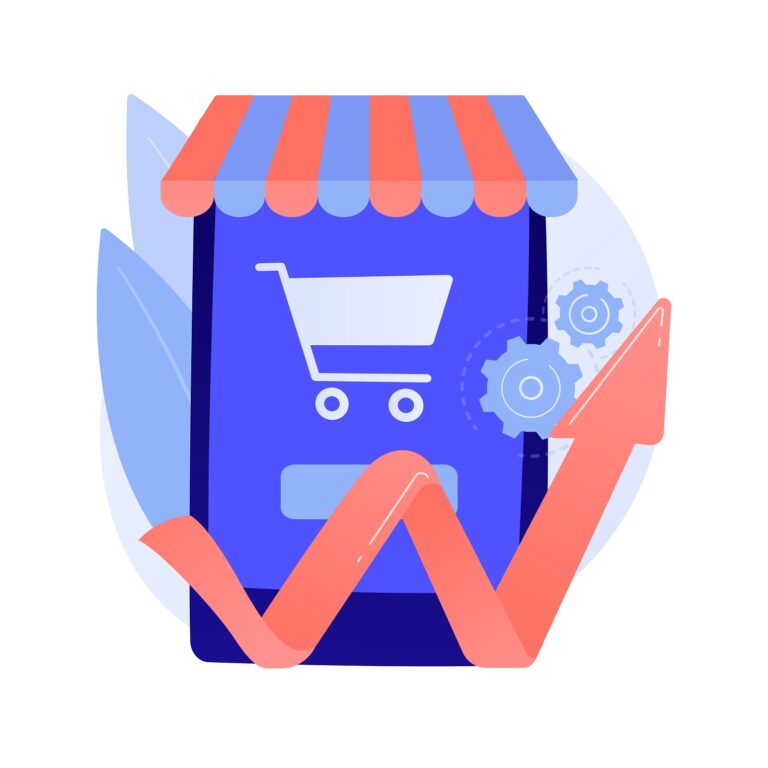How AI Can Skyrocket Your Business
In today’s fast-paced business world, every company is looking for ways to gain a competitive edge. And with the rapid advancements in technology, businesses have access to a powerful tool that can help them achieve that edge: Artificial Intelligence. AI has the potential to revolutionize the way businesses operate, from improving efficiency and productivity to enhancing customer service and driving revenue growth. In this article, we’ll explore the many ways in which AI can skyrocket your business and help you stay ahead of the competition.
1. Enhancing Efficiency and Productivity
AI is revolutionizing the way businesses operate by enhancing their efficiency and productivity. One of the most notable advantages of AI is its ability to automate tasks that are repetitive and time-consuming, freeing up valuable time for employees to focus on more important tasks. This leads to increased efficiency and productivity, allowing your business to operate more effectively and at a higher level of output.
Automating tasks using AI technology can save significant amounts of time and reduce errors that can occur during manual data entry and processing. For example, AI-powered software can automatically process orders, manage inventory, and keep track of customer data, eliminating the need for human intervention. This frees up employees to focus on tasks that require creativity, innovation, and problem-solving skills, leading to higher job satisfaction and overall productivity.
AI can also help businesses to streamline their operations and identify areas for improvement. By analyzing data collected from various sources, including customer interactions, sales transactions, and website traffic, AI can provide insights and recommendations to improve business processes, customer engagement, and overall performance. This data can be used to identify trends, predict future demand, and make informed business decisions.
Furthermore, AI can enable businesses to provide personalized experiences for their customers. By analyzing customer data, AI can identify individual preferences and tailor marketing campaigns, product recommendations, and customer service interactions accordingly. This can lead to increased customer loyalty and higher levels of customer satisfaction, ultimately driving business growth and success.
2. Improved Customer Service
The integration of AI-powered chatbots into customer service operations has been a game-changer for businesses across various industries. AI chatbots have revolutionized the way businesses interact with their customers by providing instant responses to queries and support inquiries. With the advancement of natural language processing (NLP), chatbots can understand and respond to customer inquiries in a way that simulates human conversation.
One of the biggest benefits of AI chatbots is their ability to handle basic customer inquiries 24/7, without the need for human intervention. This means that businesses can provide round-the-clock support to their customers without increasing the workload on their employees. With AI chatbots, customers can get the information they need quickly and easily, without the frustration of waiting in long queues or being put on hold.
Another advantage of AI chatbots is that they can collect data and provide valuable insights into customer behavior. By analyzing customer interactions, chatbots can identify common problems or questions and provide solutions or recommendations. This data can be used to improve the customer experience, create personalized marketing campaigns, and identify areas for improvement in the business.
Moreover, AI chatbots can also help businesses to reduce their customer service costs significantly. By automating customer support, businesses can reduce the number of employees required to handle inquiries, which can save time and money in the long run. Chatbots can also handle multiple inquiries simultaneously, reducing the need for more agents to manage large volumes of inquiries during peak times.
Overall, AI chatbots are a powerful tool for businesses looking to enhance their customer service operations. By providing fast and efficient support, businesses can improve customer satisfaction and retention, which can lead to increased revenue and growth. With the continued advancement of AI technology, the potential applications of chatbots in customer service operations are limitless.
3. Personalization
Personalization is a key aspect of modern marketing and customer engagement. With the help of AI technology, businesses can gather data about their customers and use it to create personalized experiences. AI algorithms can analyze vast amounts of customer data, including past purchase history, website behavior, and social media interactions, to gain insights into each customer’s unique preferences and interests.
Using this data, businesses can tailor their marketing messages to individual customers. For example, an online retailer might use AI technology to recommend products that are most likely to interest each customer based on their past purchases and browsing history. By providing customers with recommendations that are tailored to their individual needs and preferences, businesses can increase the chances of making a sale.
AI-powered personalization can also extend beyond product recommendations. For instance, businesses can use data to personalize email marketing campaigns, social media posts, and even website content. By providing personalized content to each customer, businesses can improve engagement and drive higher conversion rates.
Moreover, personalized experiences are not only limited to online interactions. AI-powered personalization can be used in physical stores as well. Retailers can use facial recognition technology to identify individual customers as they enter the store and personalize their shopping experience accordingly. For example, a store could provide personalized product recommendations, promotions, and discounts based on the customer’s past purchases.
Overall, personalization is a powerful tool that can help businesses to better engage with customers and increase sales. With AI technology, businesses can collect and analyze data about their customers to gain insights into their individual preferences and create tailored experiences that meet their unique needs.
4. Better Decision Making
The use of AI-powered analytics tools can revolutionize the way businesses make decisions. These tools can provide a deep analysis of data, allowing companies to make informed and data-driven decisions. By identifying patterns and trends in customer behavior, businesses can gain a competitive advantage and stay ahead of the curve.
For example, an e-commerce business can use AI analytics to identify which products are the most popular among customers. This information can be used to inform decisions about which products to stock and promote, leading to higher sales and profits.
AI-powered analytics tools can also help businesses optimize their operations. For instance, a logistics company can use AI to analyze delivery routes and traffic patterns, leading to more efficient and cost-effective deliveries.
Moreover, AI can help businesses stay ahead of the competition by predicting future trends and identifying potential threats. For example, a retail business can use AI to identify which products are likely to be popular in the future, allowing them to stock up and be ready for high demand.
Overall, the use of AI-powered analytics tools can provide businesses with a competitive advantage by enabling them to make better and more informed decisions. With AI, businesses can stay ahead of the curve and achieve long-term success.
5. Improved Marketing Strategy
Marketing is one of the most critical aspects of any business, and AI technology can significantly improve your marketing strategy. AI can provide valuable insights into customer behavior and preferences, allowing you to tailor your marketing efforts more effectively. One of the key benefits of AI in marketing is the ability to analyze large amounts of data quickly and accurately. This analysis can provide insights into customer demographics, purchasing behavior, and preferences.
AI can also help identify the most effective marketing channels and strategies. For example, AI-powered algorithms can analyze social media engagement data to determine which channels are most effective for reaching your target audience. With this information, you can focus your marketing efforts on the most effective channels, which can lead to increased engagement and conversions.
Another way that AI can improve your marketing strategy is through personalization. By analyzing customer data, AI can help you create more personalized marketing campaigns that are tailored to each individual customer’s preferences and interests. This personalized approach has been shown to increase customer engagement and loyalty, which can ultimately lead to increased revenue.
AI can also be used to optimize your marketing campaigns. For example, AI algorithms can analyze data on ad performance and make real-time adjustments to your campaigns to improve their effectiveness. This can lead to increased ROI and a more efficient use of your marketing budget.
In addition, AI can help you identify new marketing opportunities that you may have overlooked. For example, AI can analyze data on customer behavior and preferences to identify new target markets or product opportunities. By leveraging this information, you can develop new marketing strategies and expand your business into new areas.
Overall, the use of AI in marketing can provide significant benefits for businesses of all sizes. By analyzing customer data and providing insights into behavior and preferences, AI can help you create more effective and personalized marketing campaigns, identify new marketing opportunities, and improve the ROI of your marketing efforts.
6. Improved Security
In today’s digital age, cybersecurity is becoming increasingly important for businesses of all sizes. Fortunately, AI technology has the capability to improve the security of your business. AI-powered tools can monitor your network and analyze data to identify potential security threats. By identifying patterns and anomalies in network activity, AI can detect and alert you to potential breaches before they occur.
In addition to threat detection, AI can also be used to enhance authentication and access control. Biometric authentication, which uses unique physical traits such as fingerprints or facial recognition, is becoming more popular as a means of securing access to sensitive information. AI can analyze these biometric patterns to accurately identify authorized users and prevent unauthorized access.
Moreover, AI can also help businesses comply with industry regulations and standards. By analyzing data and identifying compliance issues, AI can help businesses stay on top of changing regulations and maintain compliance. This can prevent costly fines and reputational damage that can result from non-compliance.
Overall, the implementation of AI technology can help businesses improve their security posture and protect against potential threats. With the ability to detect and prevent security breaches, enhance authentication and access control, and improve compliance, businesses can ensure that their sensitive data is protected and their reputation remains intact.
Conclusion
In conclusion, AI technology offers numerous benefits to businesses of all sizes and industries. By implementing AI-powered tools, businesses can improve their efficiency, productivity, customer service, decision-making, marketing strategy, security, and gain a competitive advantage in the market. As AI continues to evolve and become more accessible, businesses that embrace this technology will be better positioned to succeed and thrive in the years to come. So, don’t wait any longer, start exploring the possibilities of AI and watch your business skyrocket to new heights!







